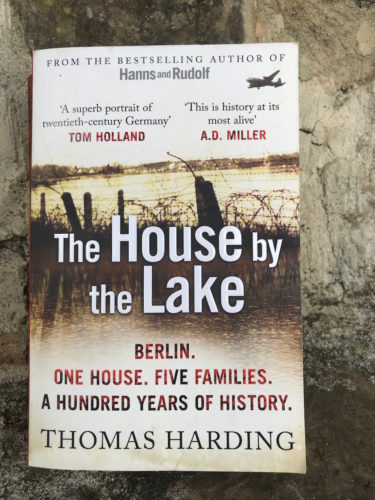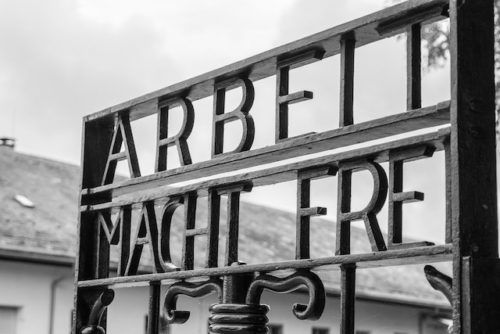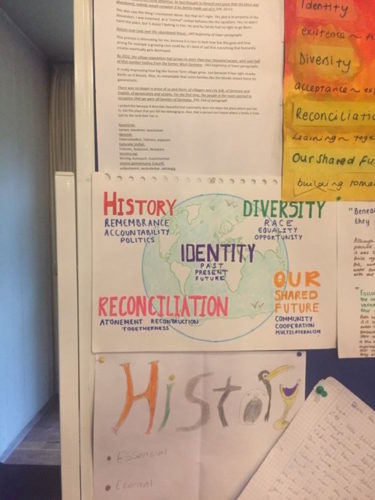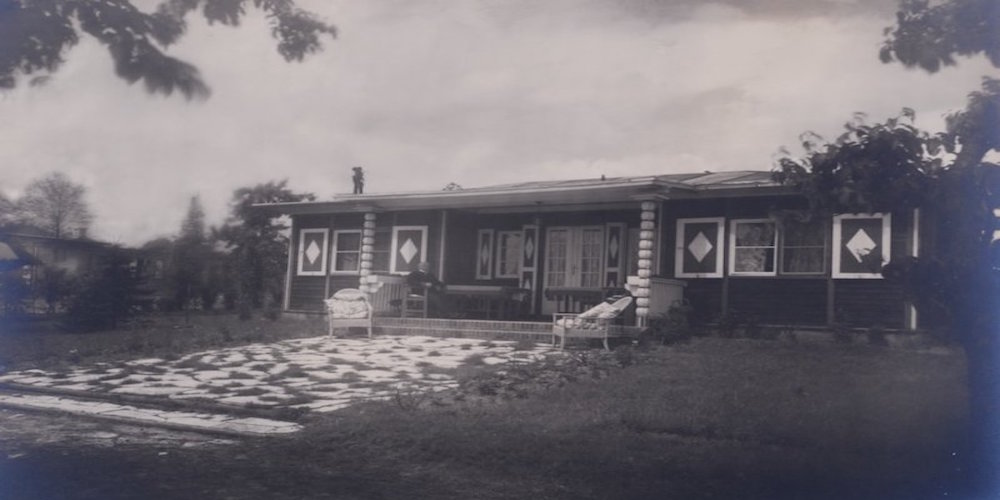The house by the lake, by Thomas Harding
This morning I finished a wonderful book, The House by the Lake, by British author Thomas Harding. Here is why I recommend it.
I practice Linguistic Empathy and I expect you to do the same. Please bear with me if my English is not perfect.
I have always had a keen passion on homes and everything surrounding them. From my beloved childhood holiday home to the shock of discovering realities about homes in Palestine, everything shows how attracted, fascinated and intrigued by the topic I am. So, whenever I find a book that talks about a house, I ravenously dive into it.
 I heard about The house by the Lake in a wonderful reading group on Facebook, full of good advice.
I heard about The house by the Lake in a wonderful reading group on Facebook, full of good advice.
The book tells the story of the house built by the Alexander family in 1927 on the shores of the Gross Glienicker lake, on the outskirts of Berlin. Through the lives of the families that inhabited it, the author tells a century of German history, skillfully shifting the focus now on the families private events, now on political events, then on his personal involvement in the research on the house.
Thomas Harding is the nephew of Elsie Alexander, who changed her name in Harding when she fled from Nazi Germany and reached her father and sister in London, where she lived until her death in 2004. An important heritage for the author, who decides to trace back the history of the house that his grandmother had so much loved in her youth, and to get it back, thus starting a journey into roots, memory and the devastating historical events that marked Germany from WWI to the fall of the Berlin Wall.
All through the book the house is sometimes the protagonist, sometimes the background for the lives of its inhabitants. In describing the love the Alexander family had put in building it and the carefree life they led around the lake, the author makes the tear from it and the appropriation by the families that would live in it after the Alexander even more painful.
After being “aryanised” (taken away from its legitimate inhabitants) under Nazism, the house by the lake welcomed other families that loved it, inhabited it each with their own style, and changed it according to their taste.

A home is never only made of bricks. Every stone, frame and wall carry the mark of the feelings of those who inhabited it. They often hide tragedies and abuses, and become the symbol of the search for justice. In the case of the Alexander family, and as the author of the beautiful movie (in German) you find on the website of the house foundation shows, it also opens the path to reconciliation. Identity, history, diversity and reconciliation intertwine to show the direction towards our common future.

As you can see, The House by the Lake opens reflections on many and deep things. It gives strong emotions, insights on important themes. The historical period the book encompasses is marked by deep pain and questions that still weigh on the soul of many people today.
Two world wars and a physical barrier to split a population and separate families could have taught a lot. Yet one of the things that struck me while reading The House by the Lake has been how Nazis used practices with the Jews, some of which are used by the Israeli government in the same way with Palestinians today.
The feeling of racial hatred nourished by Nazis at the time, which is so well described in the book, makes me think with fear of many of the things I see and hear in my Italy at the present moment.
The reading of this wide breadth book is made even more pleasant by the many pictures of the time. They contribute to make the dive into the past even more enjoyable. What the author has done has been particularly fruitful. With the help of wonderful people involved in the house history – from his own family to the neighbours and other inhabitants of Gross Glienicker – he managed to have the house declared protected historical monument.
I can’t find a better way to end this post than with the words of Thomas Harding:
[…]The House by the Lake is a story of hope. It demonstrates that while we humans can experience terrible suffering, in time we are indeed able to exercise our capacity for healing. And if we manage that, a century of pain, joy and dramatic change will have had a positive outcome[…]

